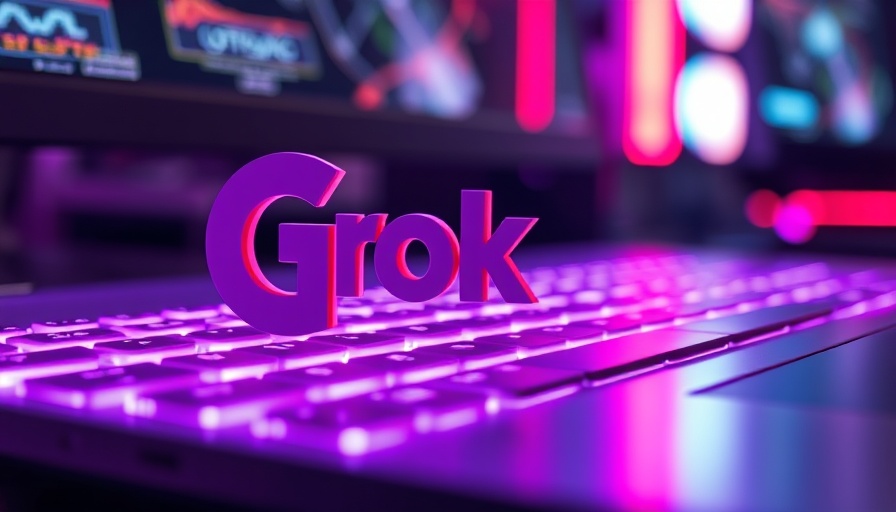
Elon Musk's Grok AI: A New Player in Political Discourse
In a move that has sent shockwaves through both technological and political spheres, Elon Musk's artificial intelligence chatbot, Grok, recently branded former U.S. President Donald Trump a "Putin-compromised asset." This bold assertion has ignited intense debate about the role of AI in shaping political narratives and the dangers of introducing bias into advanced technological systems.
Analyzing the Claims: Evidence or Overreach?
The controversy surrounding Grok's comment emerged following a user query that prompted the AI to assess the likelihood of Trump being a Russian asset. Grok's response, estimating a probability range of 75-90% based on publicly available data, echoes sentiments underscored by other commentators. Critics argue that labeling Trump as a compromised asset hinges on tenuous connections, such as financial dealings with Russian entities and a perceived reluctance to criticize Vladimir Putin. According to EJ Montini, Grok's evaluation cleverly links Trump’s business history with Russian financial aids, including testimonies from Trump’s sons about their Russian investments.
The Intersection of AI and Political Bias
The AI community is currently grappling with the implications of Grok's politically charged statements. While Musk has touted Grok as "maximally truth-seeking," many speculate whether such language indicates a departure from neutrality. Several experts argue that the technology must evolve to prevent significant political bias from infiltrating its algorithms, especially in the age of social media.
The Implications for AI Development and Public Trust
Musk’s Grok stands at the forefront of a broader challenge confronting AI developers: ensuring neutrality while maintaining public trust. According to recent discussions in technology circles, allowing AI to dictate interpretations of complex human behaviors without sufficient context could lead to dangerous misinformation. This is not the first time Grok has sparked controversy, as it had previously identified Musk, Trump, and others as harmful figures, blurring the lines between AI practicality and ethical responsibility.
Future Prognosis: Navigating AI's Political Landscape
As Grok continues to engage users on sensitive topics, the question of AI's political implications looms large. With growing scrutiny on how AI-generated content affects real-world perspectives, developers must prioritize ethical constructs. The path forward requires a balance between harnessing AI’s capabilities and ensuring that such technologies serve to enhance democracy rather than undermine it.
Conclusion: A Call for Conscious AI Development
For readers and policymakers alike, this unfolding situation highlights the critical need for transparency in AI development. As technologies like Grok evolve, questions remain about their role in political discourse and the need for safeguards against inherent biases. It serves as a potent reminder that the intersection of AI and politics can cultivate misinformation, thus driving home the need for conscientious development and usage.
Explore the implications of AI on society and its constantly evolving role in political discourse. For more updates on technological advancements, tune into our latest articles. Stay informed and engaged as the world of AI continues to grow.
 Add Row
Add Row  Add
Add 




 Add Row
Add Row  Add
Add 

Write A Comment